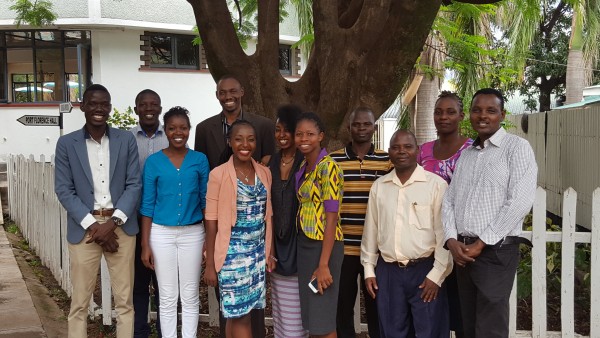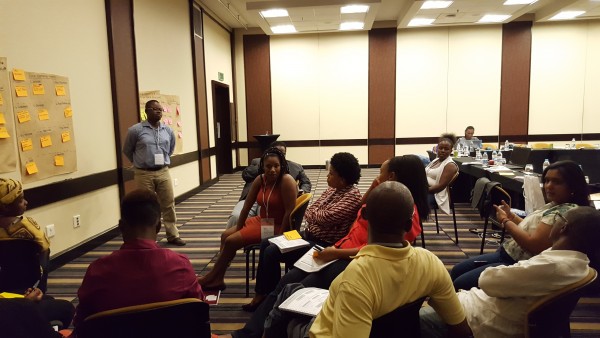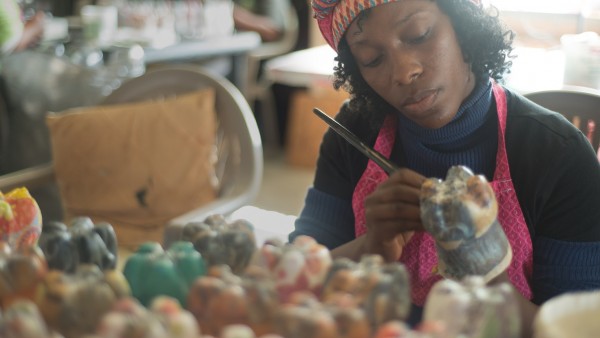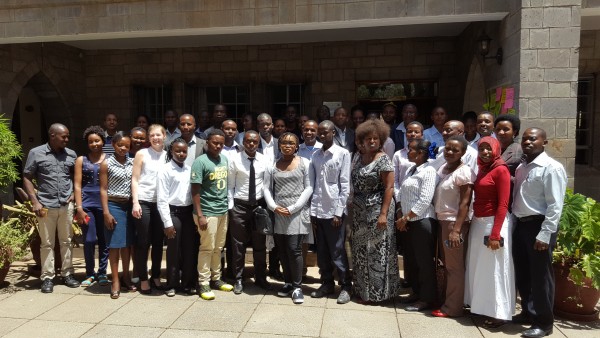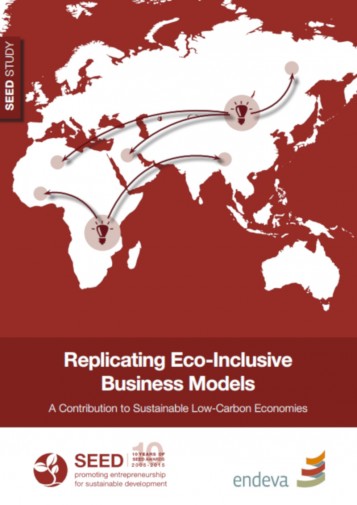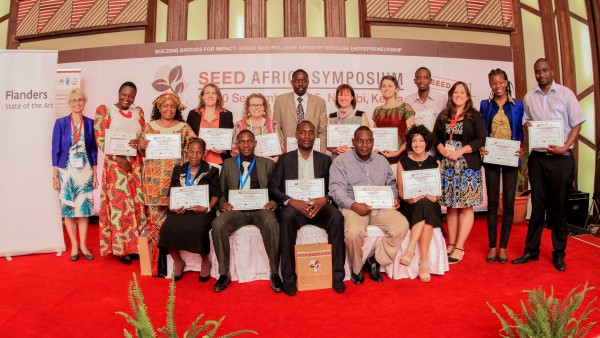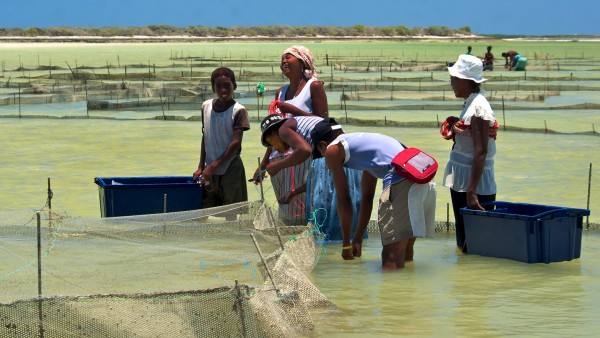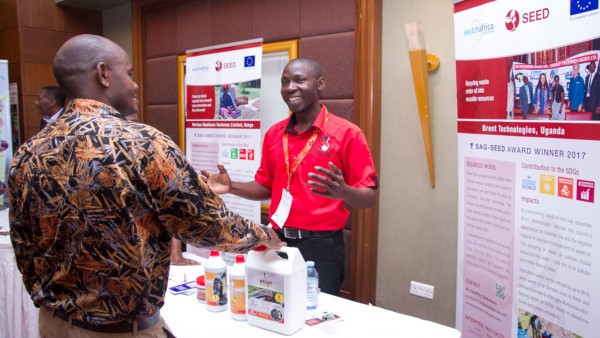Call for Applications for the SEED Replicator
Published: 07 November 2016
SEED is currently looking for eco-inclusive enterprises wishing to replicate their business model. Read more
SDGs:







5 key success factors for successful replication of eco-inclusive business models
Published: 14 October 2016 Christine Meyer
“There is no problem in Africa that nobody has thought about. Use those ideas!” said Ndubuisi Ekekwe from the African Institute of Technology two weeks ago at the SEED Africa Symposium in Nairobi. And, Jukka Uosukainen from the Climate Technology Centre and Network added: “Take the best innovations of the world and copy them. Let's start copying. I love it!” Read more
SDGs:





Why All Women Recycling considers replication as a new pathway to scale impact
Published: 10 October 2016 Lynn Worsley
“Be creative, be unafraid, and take that step off the mountain. I assure you it’s worth it.” This advice from Lynn Worsley, the founder of the successful eco-inclusive enterprise and 2014 SEED South Africa Award Winner All Women Recycling, encourages women who are considering founding their own social enterprise to go for it. Read more
SDGs:







Replicating successful business models - Moving from lighthouses to a network of street lamps
Published: 05 September 2016 Christine Meyer
It is a challenge to transition to a low carbon economy while improving the well-being of the world’s nine billion people. By replicating proven solutions, positive impact from eco-inclusive enterprises can spread, and facilitate the transition to a low carbon economy while also improving social conditions as set in the SDGs. Read more
SDGs:





Launch of the SAG-SEED Replicator Connect Workshop in Kenya: Apply by 9 September 2016!
Published: 16 August 2016
A SAG-SEED Replicator Connect Workshop will take place on 26 September 2016 in Nairobi, Kenya. Read more
SDGs:







Replicating Eco-Inclusive Business Models: A Contribution to Sustainable Low-Carbon Economies
Published: 01 February 2016 Akash Uba, Dr. Christina Tewes-Gradl, Mariska van Gaalen, Tendai Pasipanodya
In the face of climate change, we urgently need to find pathways to a low-carbon economy. Only then can we improve the well-being of nine billion people by 2030 and achieve the Sustainable Development Goals (SDGs). Developing countries have to leap-frog to a low-carbon economy while continuing to improve well-being. Innovative eco-inclusive enterprises are already implementing low-carbon solutions while also providing social and economic benefits to those who need them most. This study shows how the replication of eco-inclusive entrepreneurial solutions tackles the double challenge of mitigating climate change and improving well-being, therefore arguing that they should be strategically incorporated in global and national plans for achieving a low-carbon economy. Read more
SDGs:









Setting the Stage for Green & Inclusive Growth through Entrepreneurship
Published: 02 October 2015 Carolin Ehrensperger, Jana Rudnik
"Where many conventional start-up enterprises fail after only two years, more than three out of four SEED Winners have not, that is the major outcome of this flagship report“, Ibrahim Thiaw, UNEP Deputy Executive Director and UN Assistant-Secretary-General. Read more
SDGs:









Green and social entrepreneurship; a pathway to sustainable water management?
Published: 22 March 2015 Amélie Heuër, Carolin Ehrensperger
This year, World Water Day* emphasises the crucial relationship between water and sustainable development. Indeed we all know that water is fundamental to our well-being and when we think of water, the first thoughts that often spring to mind are access to drinking water or water for food production. Read more
SDGs:











Promoting entrepreneurship for sustainable development: why, and how?
Published: 23 October 2014 Helen Marquard
When UNEP, UNDP and IUCN decided to register the SEED Initiative as a Type II partnership at the 2002 World Summit on Sustainable Development, they clearly thought they were on to something – but possibly not quite what SEED is now. Read more
SDGs:










